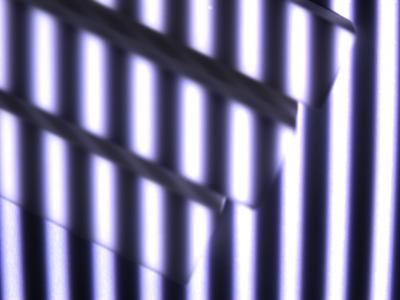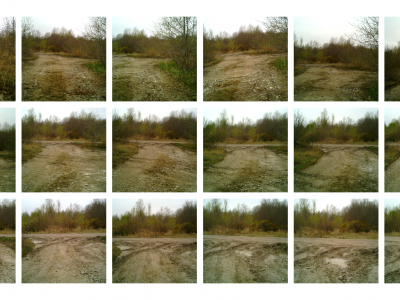Image Processing

The study included 50 epilepsy patients undergoing long-term video-EEG monitoring at the Epilepsy Center of Guangdong 999 Brain Hospital. The inclusion criteria for patients were as follows: (1) VEEG reports confirming definite epileptic seizures, (2) complete video data containing both seizure and non-seizure periods, (3) no intentional interference during patient seizures, and no occlusion of the patient, such as patients were covered by quilts.
- Categories:
 204 Views
204 ViewsThe dataset comprises image files of size 640 x 480 pixels for various grit sizes of Abrasive sheets. The data collected is raw. It can be used for analysis, which requires images for surface roughness. The dataset consists of a total of 8 different classes of surface coarseness. There are seven classes viz. P80, P120, P150, P220, P320, P400, P600 as per FEPA (Federation of European Producers of Abrasives) numbering system and one class viz. 60 as per ANSI (American National Standards Institute) standards numbering system for abrasive sheets.
- Categories:
 334 Views
334 Views
This is the relevant data in "Monocular Homography Estimation and Positioning Method for the Spatial-Temporal Distribution of Vehicle Loads Identification".
- Categories:
 151 Views
151 Views
This dataset includes various gauge blocks of different heights at different positions. This includes two sets of data with no targets and different measurement heights. Each data consists of 16 phase-shifting images and their corresponding Gray code images.
- Categories:
 14 Views
14 Views
Structural analysis of minuscule height objects holds paramount significance in fields such as industrial manufacturing and medical testing. Currently, 3D reconstruction method based on shape from focus (SFF) has emerged as an efficacious approach for acquiring submicron-level height change information. A novel multi-field SFF(MF-SFF) framework incorporates pulse-controlled continuous acquisition methods and parallel chain processing (PCP) strategy, effectively addressing challenges associated with minuscule height objects.
- Categories:
 114 Views
114 ViewsOCD description. Cell lines A172 and U251: human glioblastoma; MCF7: human breast cancer; MRC5: human lung fibroblast; SCC25: human squamous cell carcinoma. Cultivation condition CTR: cells belonging to the control group - without the addition of chemotherapy; TMZ: cells treated with 50 μM temozolomide in some cultivation step.
Split
- Categories:
 526 Views
526 Views
This dataset is derived from Sentinel-2 satellite imagery.
The main goal is to employ this dataset to train and classify images into two classes: with trees, and without trees.
The structure of the dataset is 2 folders named: "tree" (images containing trees) and "no-trees" (images without presence of trees).
Each folder contains 5200 images of this type.
- Categories:
 440 Views
440 Views



